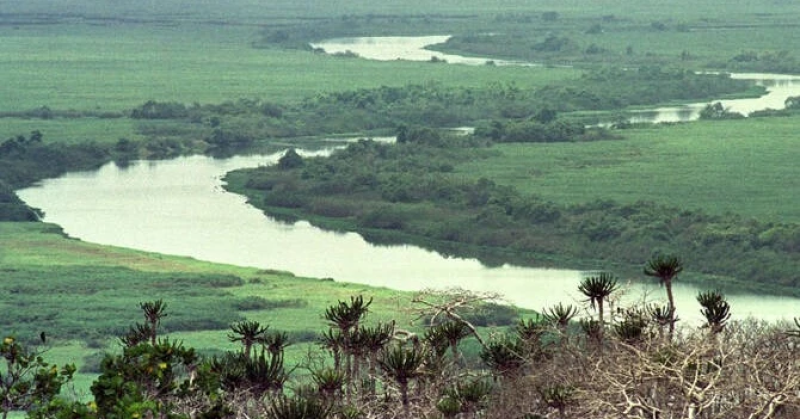- Global Leaders Pay Tribute as Condolences Pour In for Khaleda Zia |
- Govt Declares 3-Day Mourning, Wednesday Holiday for Khaleda Zia |
- Khaleda Zia: Icon of Bangladesh’s Democracy and Leadership |
- Over 1 Million Voters Register for Postal Ballots in Bangladesh |
- Begum Khaleda Zia, Uncompromising Leader of Bangladesh, Dies |
UNESCO Adds 26 Biosphere Reserves Amid Climate Threats

UNESCO Adds 26 Biosphere Reserves Amid Climate Threats
UNESCO has designated 26 new biosphere reserves across 21 countries, bringing the global network to 785 sites in 142 countries, at a time of escalating climate change and biodiversity challenges.
The newly recognised reserves, announced Saturday in Hangzhou, China, include some of the world’s most diverse and fragile ecosystems. Unlike strictly protected parks, biosphere reserves integrate inhabited areas, where scientists, communities, and governments collaborate to balance conservation, research, and sustainable development.
Highlights include Indonesia’s Raja Ampat archipelago, home to three-fourths of the world’s coral species, rainforests, and endangered sea turtles; Iceland’s Snæfellsnes Reserve, featuring volcanic peaks, lava fields, wetlands, and over 70% of the nation’s plant species; and Angola’s Quiçama Reserve, stretching 206 km along the Atlantic coast, hosting elephants, manatees, sea turtles, and more than 200 bird species.
António Abreu, head of UNESCO’s biosphere program, emphasised that protecting biodiversity must go hand-in-hand with supporting local communities. Residents have contributed to identifying new species, restoring coral reefs in the Philippines through aquaculture, and boosting mangrove ecotourism in São Tomé and Príncipe.
UNESCO reports that more than 60% of reserves are already affected by extreme weather events linked to climate change, including heatwaves, droughts, and rising seas. The agency is employing satellite monitoring and digitising historical data to guide management.
Human pressures also pose challenges. In Nigeria’s Omo Forest Reserve, habitat loss from expanding cocoa farming threatens critically endangered African forest elephants.
The U.S., which hosts 47 biosphere reserves, has announced plans to withdraw from UNESCO again in December 2026, following a previous decision by the Trump administration.

